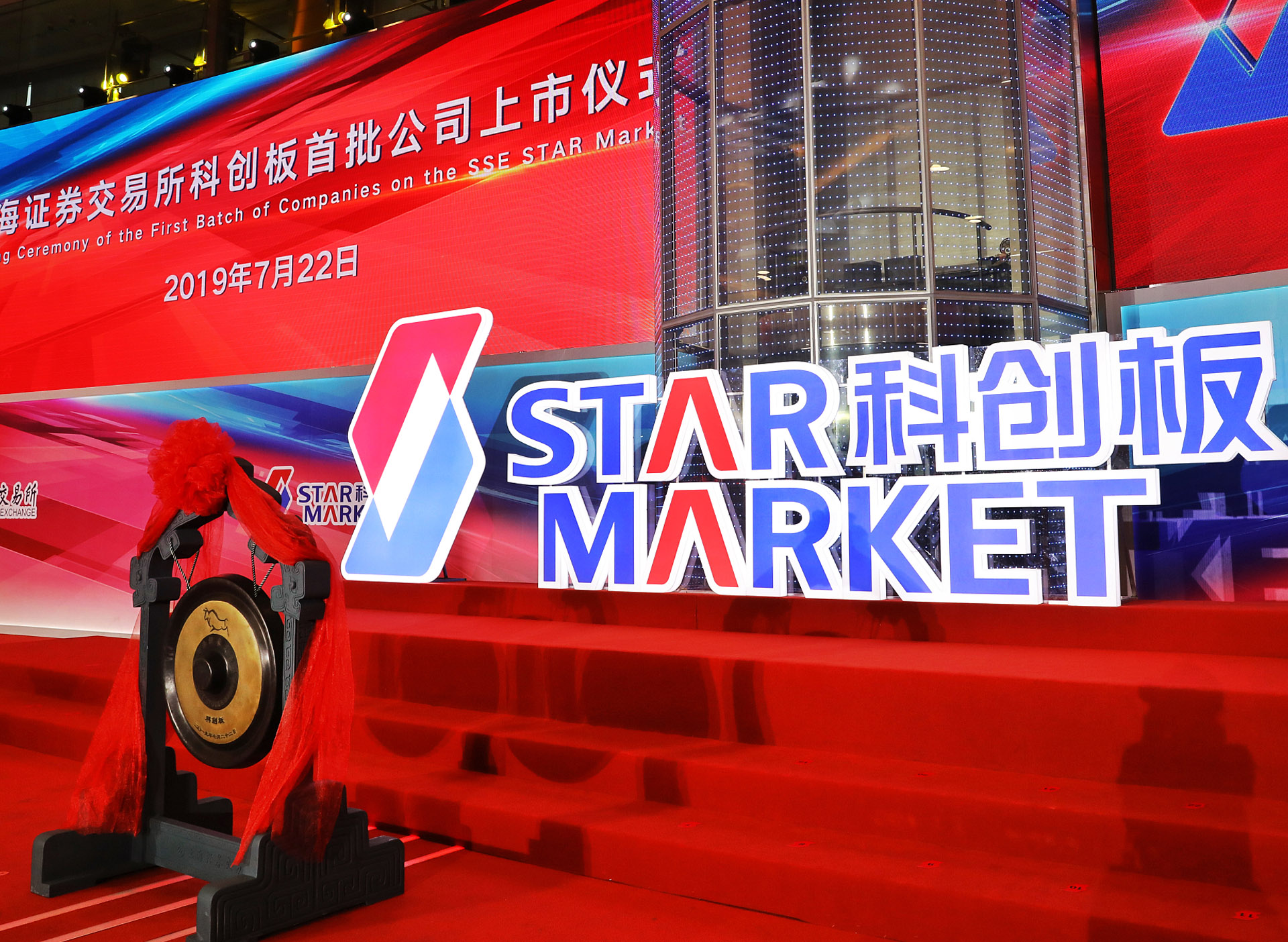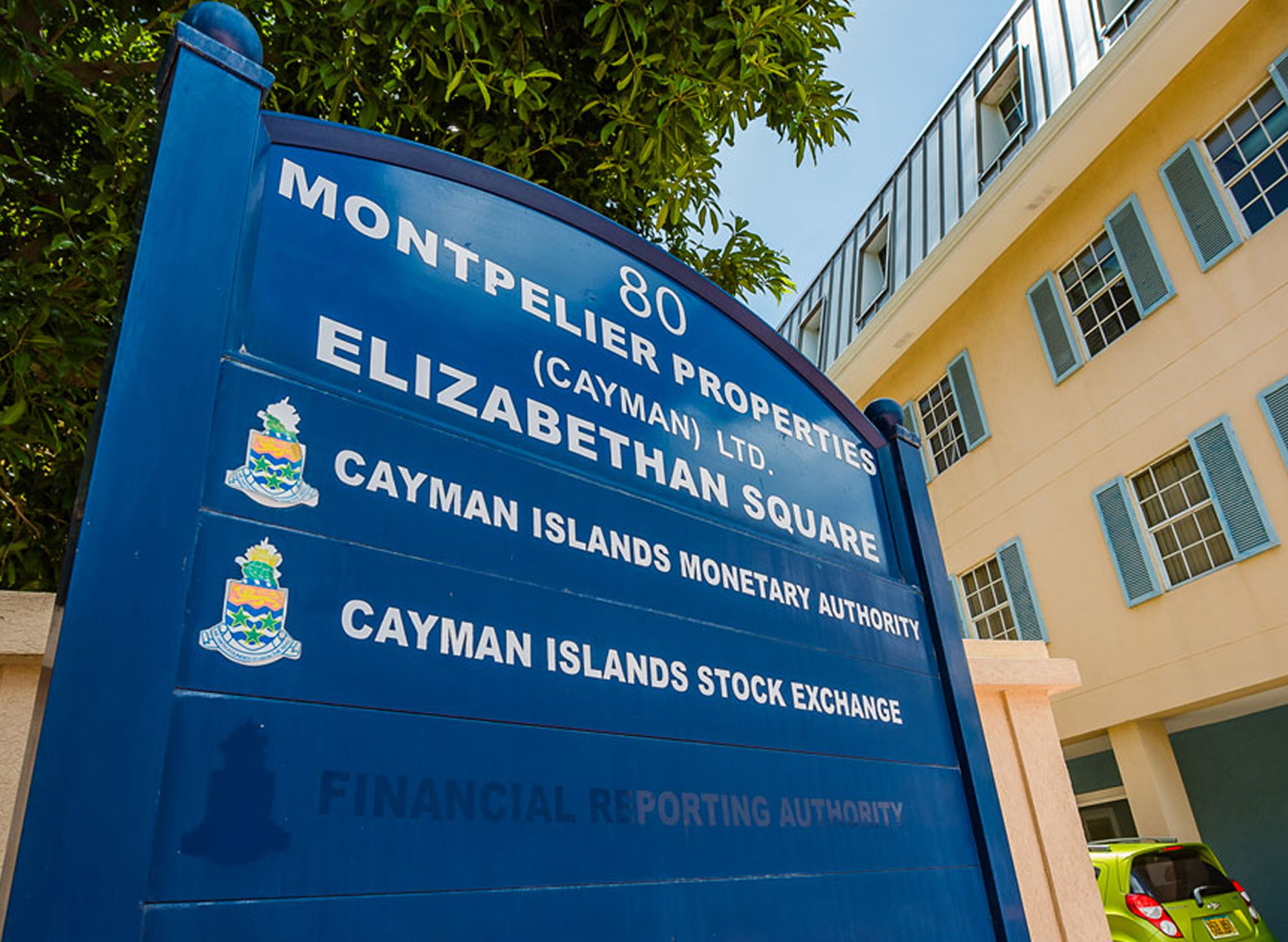 By Lilian Woo, Conyers
By Lilian Woo, Conyers
For the protection of the Hong Kong public from the Coronavirus Disease 2019 (COVID-19), the Hong Kong SAR Government has imposed regulations prohibiting group gatherings. Prevention and Control of Disease (Prohibition on Group Gathering) Regulation (Cap. 599G of the Laws of Hong Kong) (“Regulation”) came into effect on 29 March 2020. On 1 April, the telephone in the office of Mr. Lawyer rang:
Lawyer: Hello, this is Lawyer speaking.
Client: Hello, Lawyer, this is Client speaking, CFO of stock code 0000 (Company). We are an offshore incorporated company listed in Hong Kong. I have a problem that I need your advice. Our Company sent out a notice of general meeting on 26 March to approve a connected transaction and the general meeting is to be held at All Seasons Hotel on 14 April. I understand that the general meeting may not fall within the exemption under Paragraph 11 of Schedule1 of the Regulation and that the safest approach in the circumstances is to postpone or adjourn the meeting.
Since the general meeting has yet to be held, can we publish an announcement tomorrow to postpone the general meeting to another date to be determined by our directors?
Lawyer: Let me have a look at your constitutional documents. I am afraid the constitutional documents of your Company are very much similar to the constitutional documents of many other offshore companies listed in Hong Kong, they do not have provisions that give the board the power to postpone a meeting. Once a valid notice has been sent a general meeting cannot be postponed or cancelled but must be held and either adjourned or abandoned unless the articles of association otherwise provide.
In the absence of express authority in the articles of association, directors have no power to postpone a general meeting that has been properly convened: Smith v Paringa Mines Ltd.
It is therefore not legally possible for the Company to simply publish a postponement announcement.
Client: Then, what can we do.
Lawyer: The Company can abandon the general meeting by letting it dissolve eventually for lack of quorum but if sufficient number of shareholders turn up to form a quorum, the shareholders present can proceed with the meeting. The prudent approach however is to hold the meeting and adjourn it to a later date.
Where the articles of association make no provision for adjournment, the power of adjournment is vested in the meeting except in limited circumstances where the chairman of the meeting may have the inherent power to do so at the meeting. Otherwise, the chairman cannot adjourn the meeting without the authority from the meeting.
Client: In what circumstances can the chairman of the meeting exercise his inherent power to adjourn?
Lawyer: Any power of the chairman to adjourn or not to adjourn is fiduciary and it is a duty owed to the company. Thus, the chairman of the meeting has no general right to adjourn a meeting merely because he is not happy with how the proceedings are turning out, however, he may adjourn the meeting if the meeting has become disorderly or if the members present agree: National Dwellings Society v. Sykes. It is clearly established that a chairman has the power to adjourn where unruly conduct prevents the continuation of business: John v. Rees, or where it is impractical for the meeting to continue: Byng v London Life Association.
Based on these cases, it is likely that the chairman of a meeting in the current Covid-19 situation and in light of the Regulation has the inherent power to adjourn the meeting at the general meeting if the chairman in good faith has taken into account all relevant facts of which the chairman knew or ought to have known when making the decision; nonetheless, to err on the side of caution and to avoid the adjournment being subject to challenge, the best approach would be to follow the adjournment procedure in the articles of association of the Company.
I see that the Company’s articles expressly provides that the chairman of the meeting, may, with the consent of any meeting at which a quorum is present (and shall, if so directed by the meeting) adjourn the meeting from time to time and from place to place as the meeting shall determine.
The Company can make an announcement informing the public that the general meeting will be held as scheduled but the chairman of the meeting will be proposing an adjournment of the meeting. Shareholders are urged not to attend the general meeting as the Company will allow only a limited number of shareholders to attend the general meeting to avoid a breach of the Regulation.
Client: Even if we are to postpone the meeting, we have no idea for how long the Regulation will be in place. What do we do then? We need to have the general meeting held as soon as possible.
Lawyer: Well, in this case, perhaps the general meeting can be adjourned sine die (indefinitely) and the Company convenes a new general meeting to approve the connected transaction but the new general meeting will be in the form of a hybrid meeting or a wholly electronic meeting.
I see from the articles of association of the Company that there is an express provision allowing a meeting of shareholders to be held by means of such electronic or other communication facilities as permit all persons participating in the meeting to communicate with each other simultaneously and instantaneously, and participation in such a meeting constitutes presence at such meetings. Some listed companies don’t have such provisions in their articles and it may be difficult for them to have a virtual only meeting but they may still have a hybrid meeting based on the dicta in Byng v London Life. This case was the first meeting that had used audio-visual links although the audio-visual links provided at the time failed to work. It was held in the case that “the purpose of general meetings held under the provisions of the Companies Act 1985 for members to be able to attend in person both to debate and vote on matters affecting the company; that, although a meeting held in separate rooms linked with audio-visual equipment would be valid…”
Client: What is the difference between a hybrid meeting and a virtual only meeting?
Lawyer: A hybrid meeting is a combination of a physical meeting and a virtual meeting by means of electronic facilities while a virtual only meeting means a wholly virtual meeting.
If the Company is not ready to have a wholly electronic meeting, the Company can have a hybrid meeting by convening a general meeting to be held at several places with audio-visual links set up at each place so that shareholders, even though they are not at the same venue, can still see and speak to each other and vote at the general meeting or by providing shareholders with an electronic platform where they can have online access to participate and vote at the meeting.
Client: What if the electronic facilities provided by the Company suddenly breakdown? What if a shareholder claims that he/she is not able to access the meeting? How will it affect the meeting and the validity of the resolutions passed?
Lawyer: There are common law rules that address these issues but it would be best if they are regulated by the articles of association. Notwithstanding that the Company already has a provision that allows a general meeting to be held by electronic means, you may wish to consider amending the articles of the Company to regulate electronic meetings to avoid any dispute later on.
Client: I still have many questions regarding proceedings of a meeting as at our last meeting, we had a disgruntled shareholder attending causing much disruption at the meeting. I have a meeting to go to now and will give you a call tomorrow.
Lilian Woo
Partner
Lilian.Woo@conyers.com
+852 2842 9588
This article is not intended to be a substitute for legal advice or a legal opinion. It deals in broad terms only and is intended to merely provide a brief overview and give general information.
For further information please contact: media@conyers.com




















 Conyers
Conyers Christopher Bickley
Christopher Bickley







